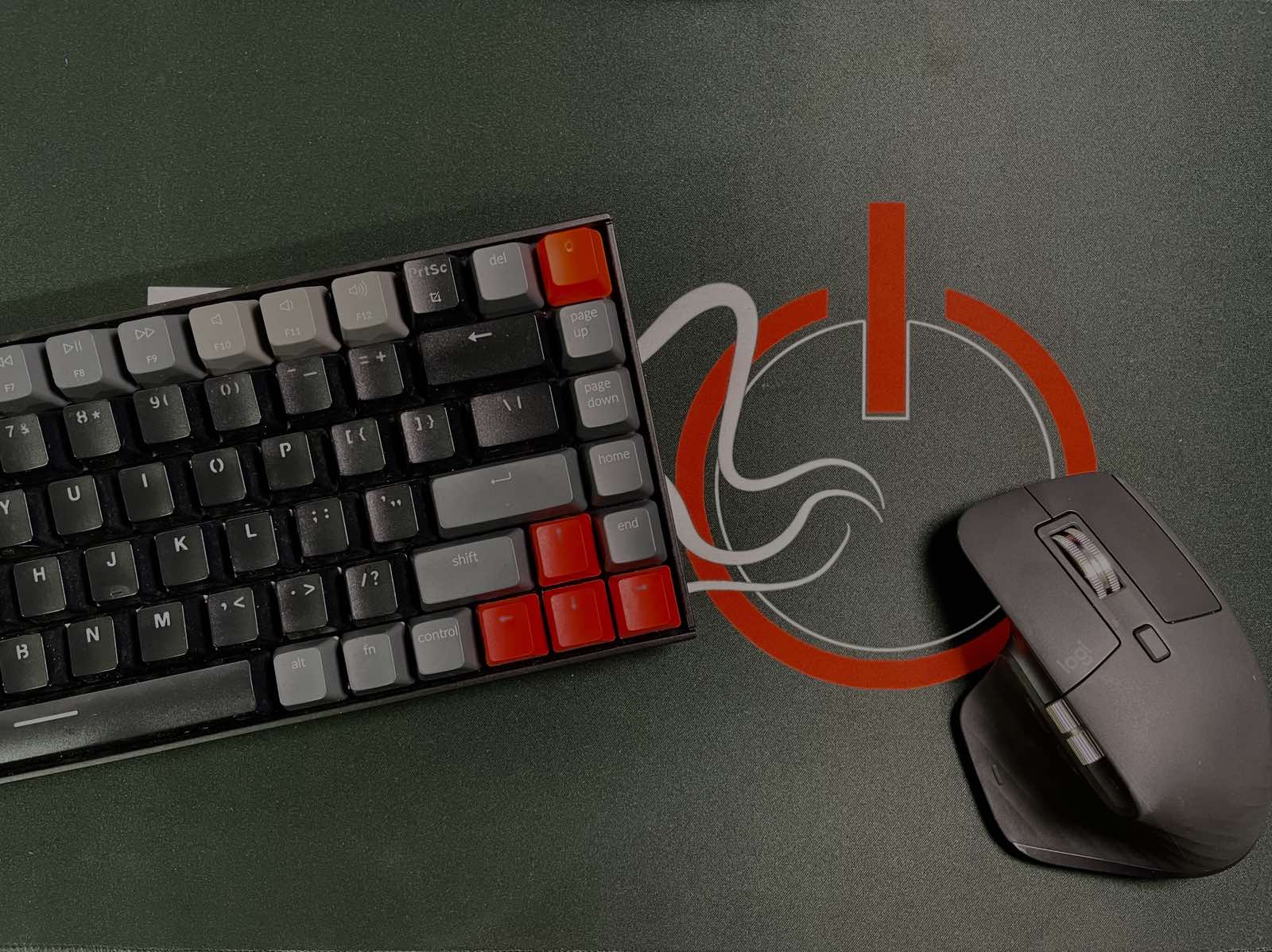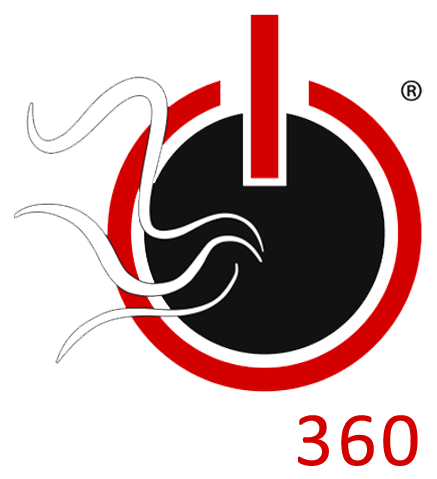Work Hours
Monday to Friday: 7AM - 7PM
Weekend: 10AM - 5PM

The business of Public Relations (PR) always deals with the truth. Truth has always been regarded as a philosophical issue under epistemology, which is the understanding on how knowledge is being consumed by the human mind giving birth to many theories of truth.
Today, in this age of digitalization, where information can be easily accessed, the concept of truth has become more convoluted than before because of the internet.
The traditional structured and systematic approaches to gain knowledge have been displaced by an instant and even bite-sized cognitive online learning experience. It should be good that information is now widely available to everyone with internet access, where knowledge is no longer exclusive.
However, anyone can now also easily share information, and this is where the complexity of truth comes in, resulting in one of the many serious unintended consequences of digitalization – disinformation.
DISINFORMATION IS NOT NEW
Disinformation is not something new. In fact, the deliberate attempt to spread false information already existed long before the internet and it was popularly known as propaganda, which was used by governments to promote or publicize a political cause to its people.
But the communications channels used in the past were limited and one way. The audience can only absorb the message being sent across and there were no means to spread it further other than word of mouth. Amplifying the agenda was next to impossible because majority of the people don’t have the capacity to print newsletters or ability to broadcast.
This was the reason why owners of traditional media business used to thrive. Shaping public opinion was good business. Now, everyone with an internet device cannot only effortlessly amplify information, but they can also publish and broadcast their own content anytime and anywhere.
CODE OF ETHICS
Though the capability to disseminate information was solely dominated by the media organizations, journalists strove to make objectivity and credibility as the core of the business over time to protect and preserve the truth through the Journalism Code of Ethics. Not everyone can make content before because it entails a lot of qualifications to become a journalist.
Content creation, as they call it now, used to require not only quality output but must pass a certain level of ethical standard before it can even come out for audience consumption. There must be a clear distinction between facts and opinion to avoid circulating falsehood.
Nowadays, the practice of the code of ethics has been confined to journalists and some professional content creators. The vast majority on the internet, who are now also considered content creators, are not even aware of code’s existence paving the way for the proliferation of fake news.
With social media platforms becoming an existential necessity and with its algorithms dictating what content to consume including fake news, netizens are not even aware about the other side of every story being circulated anymore. Even if they do encounter the dissenting narrative, it’s sadly taken as fake news.
PR IN THE AGE OF DIGITALIZATION
More often than not, PR has always been identified with disinformation especially now in this period of digitalization. This is a misconception that PR as an industry has ironically failed to address. By looking at the role of PR as a profession of managing and disseminating information from a source to a specific target audience using every available communications channel to affect perception and public opinion, the negative opinion is quite inevitable.
But what is needed to consider is that PR is part of a larger system like political or business institutions with a hegemony and interests to preserve and protect.
There are many accepted theories of truth and one these is the pragmatic theory which is inherent among the leaders of influential political and business institutions. The pragmatic theory of truth states that what is true is what is useful to you, or beneficial to you without needing to confirm that it is universally true. The problem about this theory is the utilitarian benefit derived from a fuzzy logic because it deals only partial truths.
As much as PR understands how to maximize the existing digital channels, influencers, and algorithms, it has the responsibility and ability to influence its principals to veer away from such a pragmatic stand, and be able to present instead an alternative way in line with social good to meet the set of goals of the institution it serves.
STEWARD OF TRUTH
The pragmatic approach to truth is very evident now on the internet especially in social media because it’s all about perception building. However, PR can become the steward of truth by validating perception building with a coherent experience making activity to bring back the ethical standard in the content creation process when connecting to the various channel proponents on the internet.
By balancing perception with experience, the information can be validated as true. It’s also in the interest of organizations that their PR corresponds to people’s actual experience.
Everyone has role to build a better future, and this should be the role of every PR professional out there.
Note: This is my opinion and may not be considered as a universal truth.
